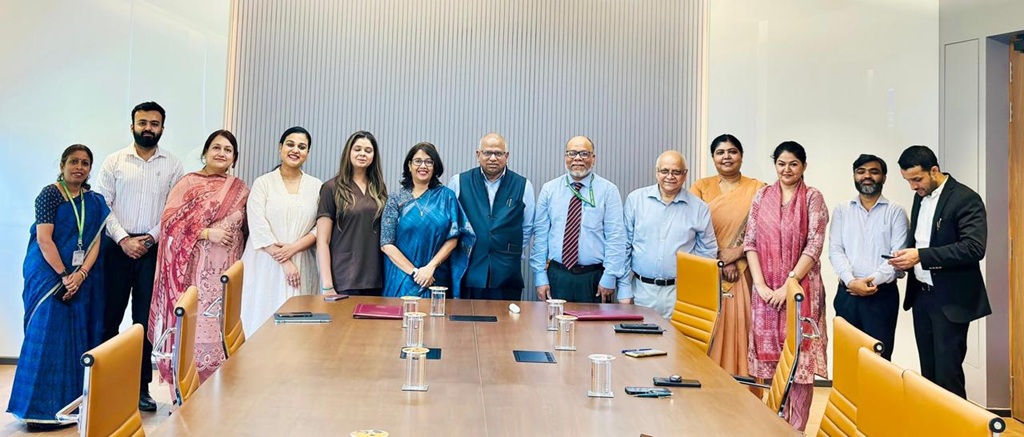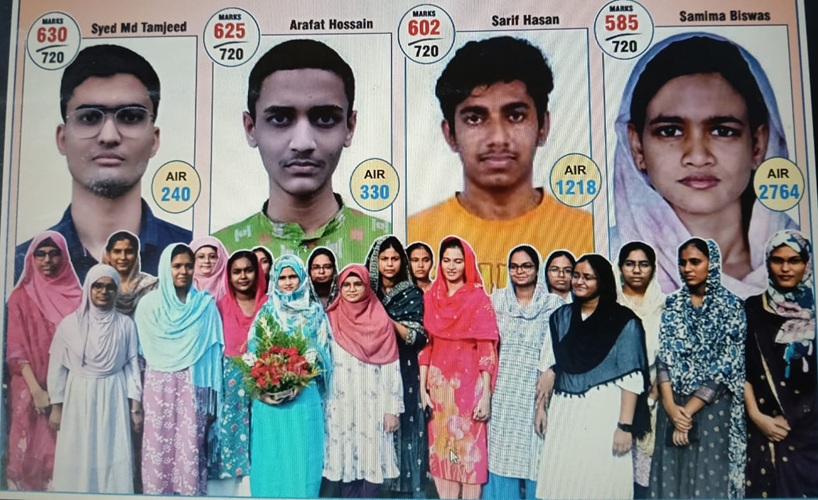JEDDAH – Saudi Arabian bank profits are set to rise as record demand for consumer credit supplants slower corporate lending in the Arab world’s biggest economy.
First-quarter profits at publicly traded banks, including Saudi Hollandi Bank and Samba Financial Group (SAMBA), will rise 7 percent from a year ago, according to EFG-Hermes Holding. Riyad Capital predicts an 8 percent increase. Consumer lending rose 21 percent in 2013 to a record SR332 billion ($89 billion), according to the Kingdom’s central bank. That outpaced a 7.1 percent gain in personal loans in the United Arab Emirates, the Gulf Cooperation Council’s second-biggest economy.
The Custodian of the Two Holy Mosques King Abdullah’s stimulus program, began three years ago, is bearing fruit, evidenced by a 26 percent jump in real estate financing in 2013, while loans for cars and equipment rose 17 percent, according to the data. In comparison, the pace of business lending, to industries such as electricity or transportation, slowed to 12 percent from 17 percent in 2012.
“Banks have been smartly repositioning credit to the consumer as demand is rising due to more Saudis in the labor force,” said John Sfakianakis, chief investment strategist at MASIC in Riyadh. “If Saudis continue to get jobs, wages rise and disposable incomes increase then this pace of consumer borrowing is quite sustainable.”
The Saudi economy is forecast to grow 4.2 percent this year, the second-fastest pace in the Gulf region after Qatar, according to data compiled by Bloomberg.
The King allocated $130 billion in social spending in 2011 to raise salaries, add jobs and build homes. About 700,000 jobs have been created since that year, with 70 percent going to Saudi citizens, according to government statistics.
With more Saudis entering the workforce, points of sale transactions, a measure of consumer spending, have increased 46 percent since 2011, according to central bank data.
“Consumer debt has enabled affordability and raised purchasing power,” Asim Bukhtiar, senior analyst at Riyad Capital, said “financing for various purchases including cars, homes and consumer goods has become more socially acceptable than say a generation ago when even big-ticket items were cash sales.”
Riyad Capital last week raised its 12-month share price target for banks including Bank AlJazira, Saudi Hollandi, Banque Saudi Fransi (BSFR), Saudi British Bank (SABB), Arab National Bank and Samba.
“The strength in consumer lending buoyed by rising employment and income levels will be an important stepping stone for lenders to improve asset yields,” Riyad Capital said in a research note last week.
Lending to consumers is “more compelling financially,” James Reeve, an economist at Samba Financial in London, said. “Rates on credit card loans are often in excess of 20 percent APR, whereas project financing might only yield 5 percent APR and the bank will have to tie its money up for many years.”
At the same time, corporate lending “is lagging,” Murad Ansari, a Riyadh-based analyst at EFG-Hermes, said. “Part of the reason is that the government is cash funding a few projects, while no new major projects have been announced recently.”
Another reason, according to Ansari, has been a slowdown in government spending after increases of about 20 percent a year in 2012 and 2013.
The three-month Saudi interbank offered rate, the benchmark for lending among Saudi banks, was 0.95125 yesterday, down from 0.95625 percent at the start of the year and as high as 0.99750 percent in 2013.
A government crackdown on foreign labor started in November also spurred banks to lend more to consumers, said Emad Mostaque, London-based strategist at Noah Capital Markets.
“Given most retail consumers are employed by the government, retail loans offer a good risk to reward mix for banks versus companies that need to digest the impact of mass deportation of illegals,” Mostaque said.
In central Riyadh, the new consumer spending is on display. Women browse designer stores in malls, men buy tailored robes and drive luxury cars. New villas and housing compounds are being built to meet demand for housing.
“Better educated candidates are entering the workforce demanding higher salaries, which has created room to increase debt levels,” Bukhtiar said. “This trend should gain momentum.”






0 Comments